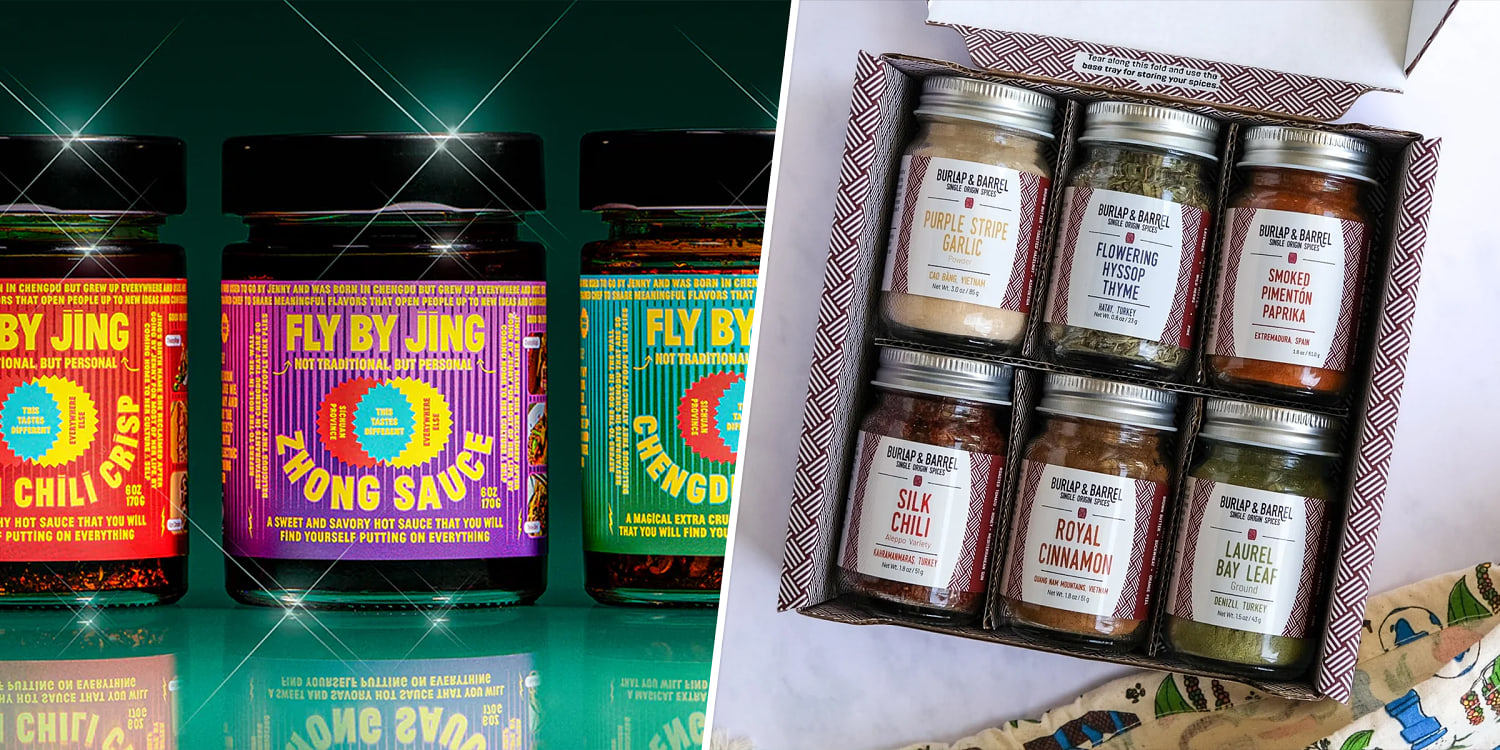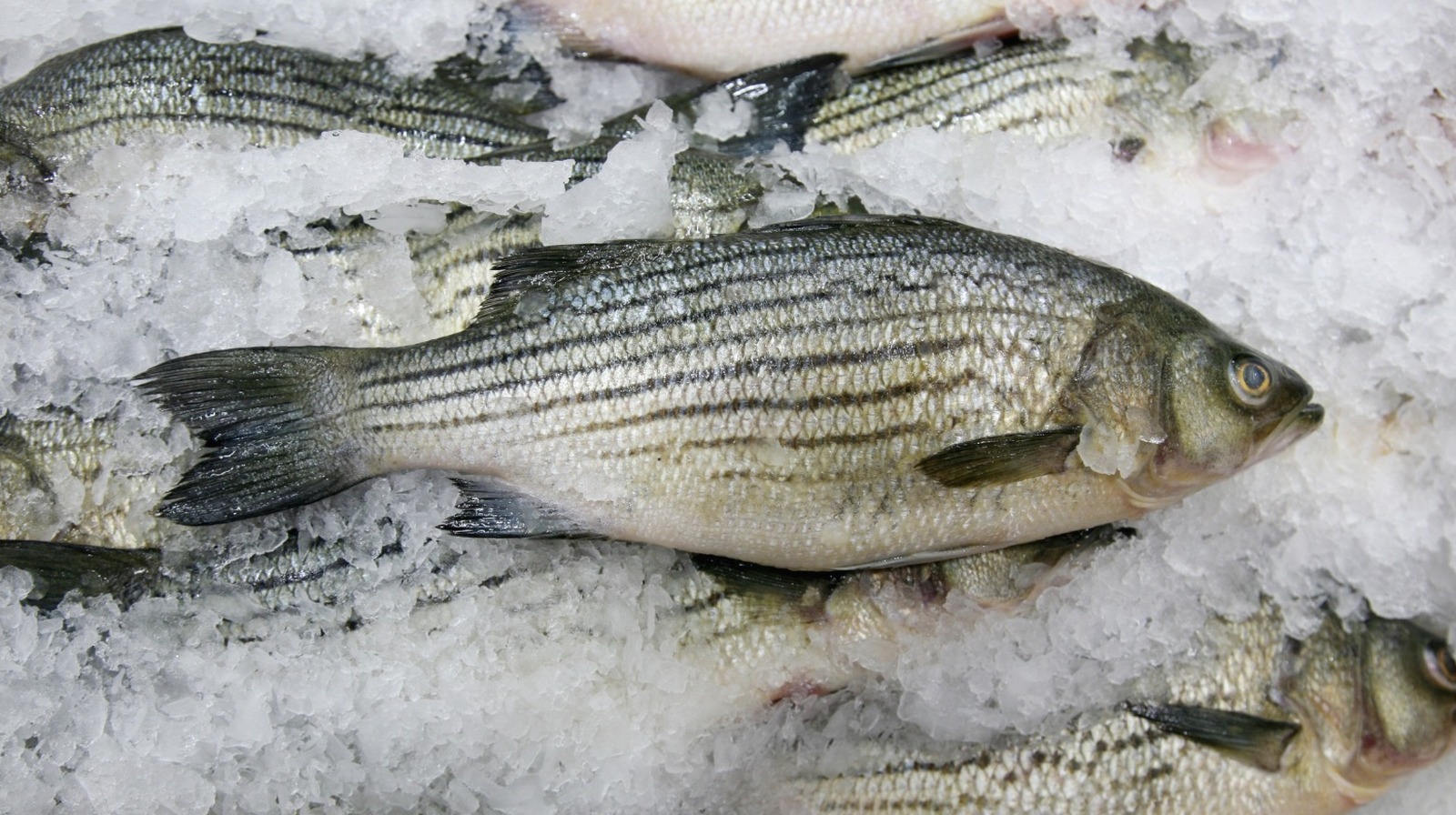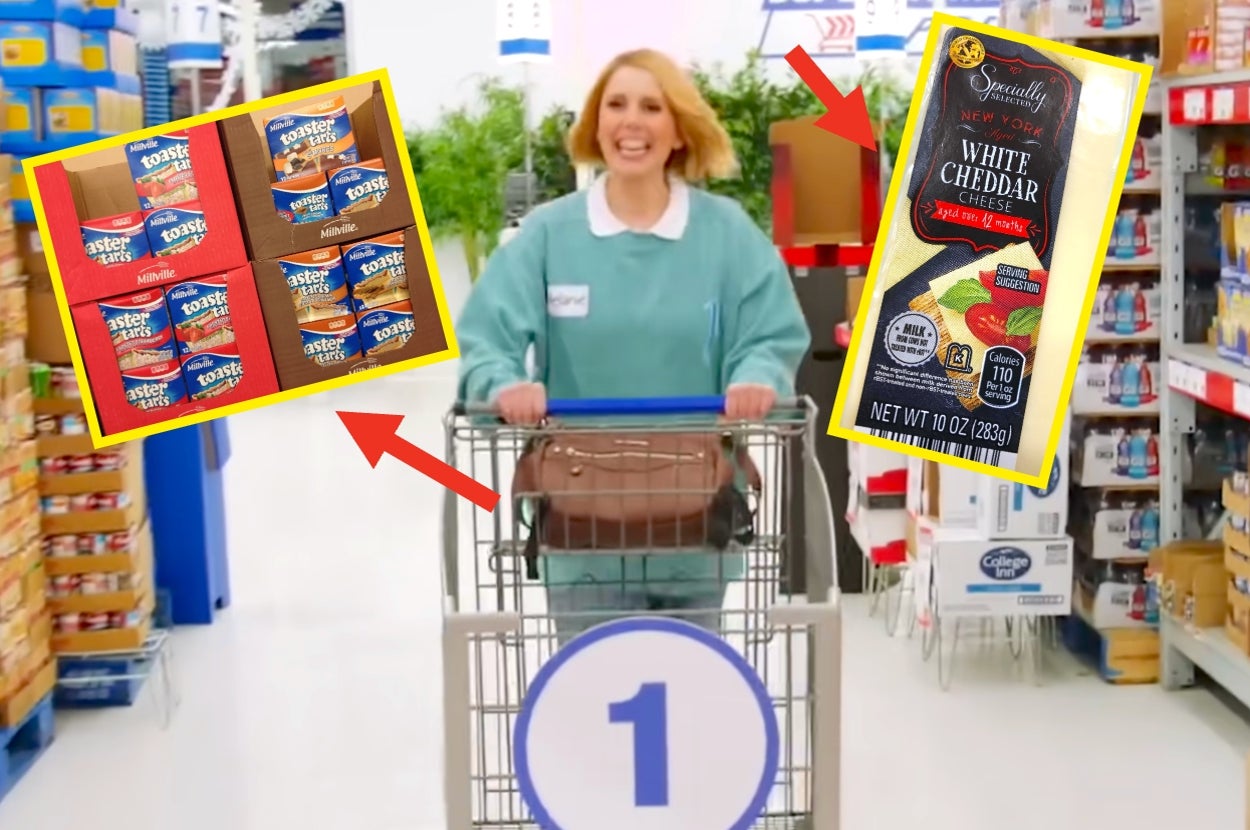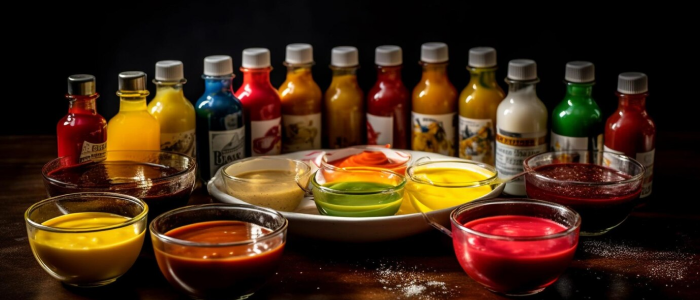Cinnamon, jasmine, specialty peppercorns — all of these spices and teas (plus the hundreds of others) we love to use stateside are largely cultivated outside of the U.S. Now, with the , some small food businesses say that looming are making it harder for them to get their products to consumers while staying financially afloat.
Despite threats of additional hefty import taxes for goods coming from countries deemed adversarial by President Donald Trump’s administration, a 145% tariff on Chinese imports and a 10% blanket duty on imports from other countries is what American companies are currently dealing with. Introduced at the beginning of April, these tariffs were meant to both help spur on domestic industry and simultaneously punish trade foes. But, in speaking with several small business owners here in the states, it’s clear they’re feeling punished, too.

Ori Zohar, cofounder and co-CEO of single-origin spice company , says they’re the ones eating these extra tariff costs, not their international partners — and as they consider where to cut spending, it’s all going to be domestic. From collaborations with chefs and recipe development to events and even a pause on hiring staff, Burlap & Barrel is prepared to trim any possible fat off its domestic operation before even considering hiking prices for consumers or asking international farmers to take a pay cut, Zohar tells TODAY.com.
Currently, Burlap & Barrel is a 100% domestic company when it comes to staff and packaging, and Zohar said they’re already maxed out on working with domestic farms — the company sources chiles from a farm in California, crunchy salt from a father-daughter company in Upstate New York, and more. Much of the product they sell, he says, simply can’t grow here, but they do capitalize on what does. For Arjun Narayen, founder of , it’s the quality coming from abroad that drove him to start his business in the first place.
“My parents grew up in India, and tea has always been a big part of my daily routine,” Narayen, who started his company around a year ago, tells TODAY.com. “I personally find preparing a cup of tea is a great way to just be present and slow down, even if it’s just for a few moments.
And that’s something I want to bring to more Americans.” In order to do that, he wants to source the highest quality tea possible — which he says, for the varieties he sells, largely comes from China, India and North Africa. “There are certain types of tea that China simply produces better than anyone else,” he explains.
“It’s an industry that originated in China many centuries ago, and there’s just a deep knowledge there that doesn’t exist in other countries.” Narayen says he’s considered carrying different types of tea in order to manage his costs more effectively. And, right now, he’s trying to explore his sourcing options and adjusting his product line accordingly.
“We do source domestically as much as we can,” Zohar says, “But the reality of a lot of this is that there is no domestic cinnamon industry because it’s not the right climate for it. There’s no domestic vanilla industry or cumin industry or cardamom industry.” “That’s part of the irony of these tariffs,” he adds, “is that if they’re meant to protect domestic industry, there is no domestic industry to protect.
” For Jing Gao, founder of condiment company , searching for other sourcing is not an option. Gao said in a on April 10 that the company was facing around 160% tariffs collectively, compared to around 15% before the trade wars went into full swing. She said the ingredients they use in their products are highly localized — including the fermented black beans, tribute peppers, oils and more — and they simply “cannot be grown anywhere else.
” On April 13, founder and CEO of spice company Sana Javeri Kadri on social media to customers about a comment she received that asked why she couldn’t simply shift production stateside. “I am all for sourcing everything we can as locally as we can ..
. but as long as our taste for ingredients from far away like coffee, chocolate and spices remains, we will continue to do our best to bring those ingredients to you, equitably and sustainably,” she wrote. The comment also accused her of unnecessarily making her business “about politics,” adding that it caused her to lose this person as a customer.
In her response, she explained the inherent politics of spice sales: “We exist in response to the hundreds of years of colonialism that built the spice trade into something so stale and unjust that generations later, we are all craving equity, freshness and flavor.” In their post, Fly by Jing says it will continue to prioritize sourcing in Sichuan, China, and will be taking measures to prevent any price hikes for consumers. “We are in a new reality where higher tariffs are probably here to stay,” Gao said, and finding a way to make it feasible for both parties is a priority.
Joey Wight, founder and co-owner of Baltimore-based , tells TODAY.com that “having a small business that deals in tea is very hard right now.” The company he founded with his sister, Brittany Wight, sources nearly all of their product from outside the U.
S. Though they want to keep their teas fairly priced for customers, the brother-sister duo said they will likely be forced to raise prices to avoid shutting down. “While being a small business allows you to pivot quickly, your whole business model crumbles when the costs you’ve built your products around doubles,” Brittany tells TODAY.
com. “As a business owner, you’re constantly straddling this line between providing a quality product and an accessible one,” Narayen says. With the increased duties, he says, “You just have to think a bit more about every dollar you spend.
” The way businesses market their products may have to change, too. “You might think twice about whether you’ll have an event that allows you to put your product in front of people because you don’t know what the costs of your product might be at your next production run.” For Burlap & Barrel, that meant scrapping plans for an Advent calendar they wanted to get out for the 2026 holiday season, the packaging for which was going to be made in China.
As a single-origin spice company, Zohar says the “really clean, simple, straight-forward supply chain” is paramount to their business. It’s something they aren’t willing to budge on when it comes to cost-cutting. He says it’s particularly hard for their company to pivot because they’ve been working with these farmers on the upcoming crops since the agricultural cycle started.
“These are farmers that have been growing these spices for decades, and in many cases generations,” he says, referencing the 30 smallholder farms they work with around the world. They are in partnership throughout the year to get a sense of how the season has been — weather conditions, outside factors, etc. — and as soon as the harvest begins, Burlap & Barrel pays a 50% down payment.
Once they’re ready to ship, they pay out the remaining balance. Ultimately, these small businesses are doing what they can in order to mitigate costs, but many have mentioned the uncertainty of the tariffs is making things difficult. Zohar says his company expects to pay somewhere between $150,000 and $300,000 in tariffs.
But, he clarifies, “We don’t know.” The part that he says is frustrating for him, is that “it’s not clear how the tariffs will be reinvested to make us a more competitive business — so that’s where it feels extractive from small businesses in America.” Burlap & Barrel is “making hundreds of different contingency plans day by day,” Zohar explains.
And the uncertainty is “not making us be a better company.” Rachel Askinasi is a freelance food writer for TODAY.com.
She covers the food industry including restaurants, trends, agriculture, industry news and more. Rachel was previously Business Insider's resident food reporter, Food vertical lead at The Messenger, and has written for various digital and print magazines. You can reach her on Instagram at .
.
Food

Some small food businesses vow not to raise prices in response to tariffs

With the trade wars heating up, some food businesses like Burlap & Barrel and Fly by Jing say that looming tariffs are making it harder for them to get their products to consumers while staying financially afloat.















